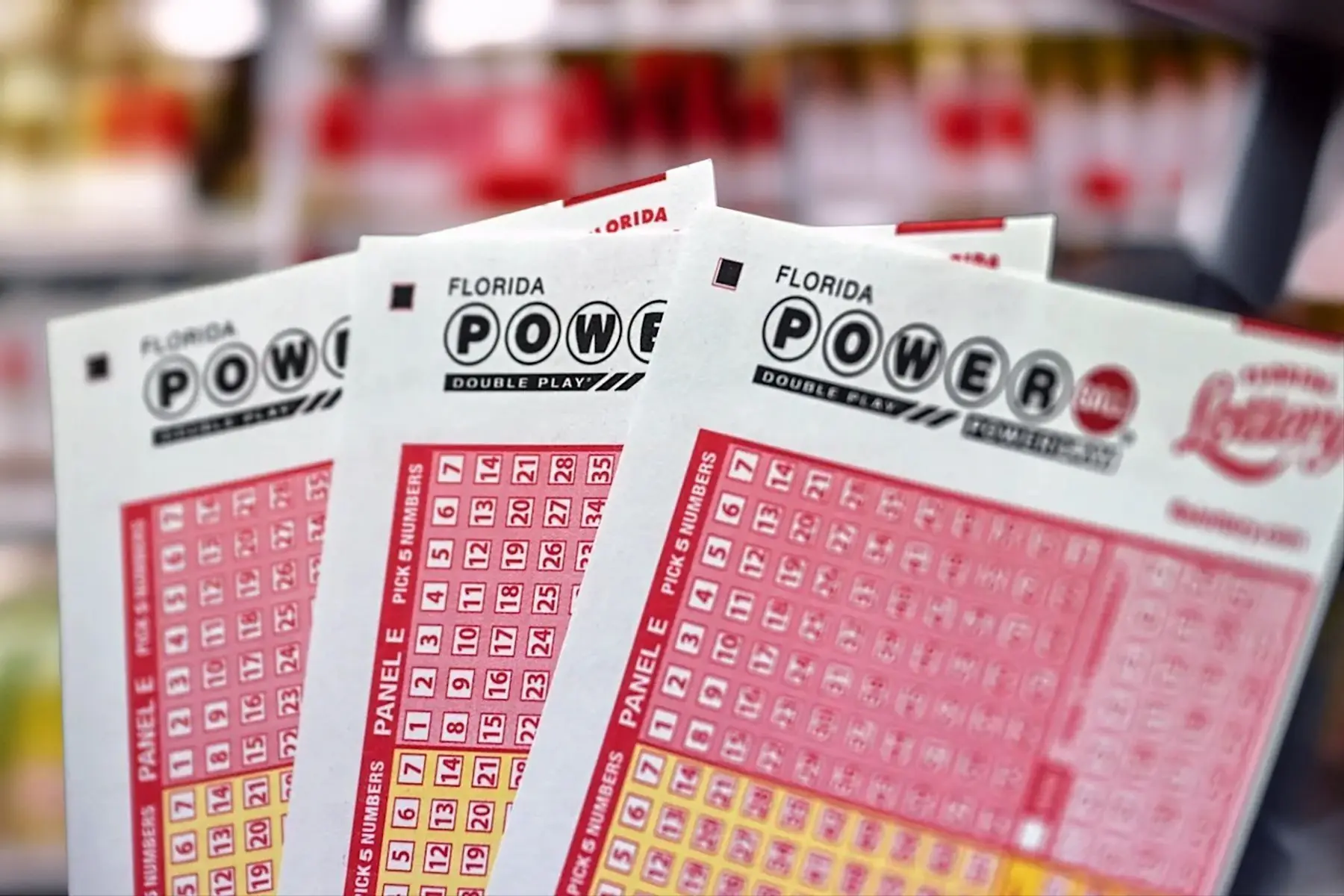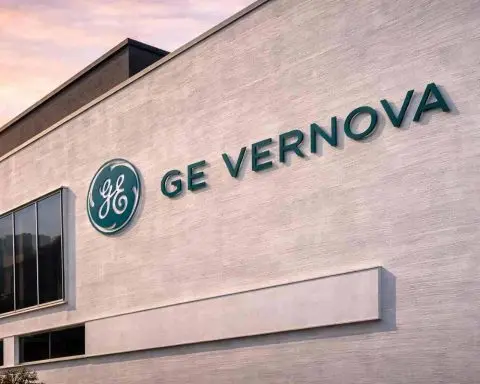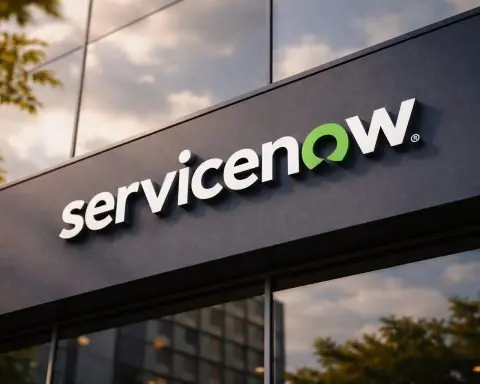Powerball Jackpot Skyrockets: What Are the Real Odds of Winning Any Game of Chance?
- Jackpot Surge: The Powerball jackpot has jumped to an estimated $1.3 billion after no ticket matched all six numbers in the Labor Day drawing, making it the fifth-largest prize in the game’s history Powerball Powerball.
- Minuscule Odds: The odds of winning the Powerball jackpot are about 1 in 292.2 million Powerball. In comparison, the National Weather Service estimates the chance of being struck by lightning in a given year is roughly 1 in 1.22 million Weather – meaning you’re hundreds of times more likely to be hit by lightning than win the Powerball.
- Other Lotteries: Mega Millions, another multi-state lottery, has similarly steep jackpot odds (approximately 1 in 290 million for the top prize) Megamillions. By contrast, a typical state lottery game with 6 numbers (such as a 6/49 format) has around 1 in 14 million odds of hitting the jackpot Lottoalaska – still extremely low, but far better than the national games.
- Games of Chance: Even other gambling jackpots pale in comparison – for example, hitting the Megabucks slot machine jackpot in Las Vegas is about a 1 in 50 million chance Lasvegasadvisor. Most casino games offer much better odds of winning something on a given play (e.g. roughly 1 in 37 chance on a single-number roulette bet), though their payouts are nowhere near billion-dollar territory.
- Expert Warnings: Financial experts caution that lottery tickets are a poor investment given the near-impossible odds. They advise playing only for entertainment and within your budget, as the lottery essentially functions as a regressive tax on those who can least afford it Apnews Apnews. In other words, buying a ticket or two for fun is fine – but don’t expect a life-changing windfall, and never spend money you need for essentials.
A Historic Jackpot with No Winner (Yet)
Labor Day came and went without a grand prize winner in the Powerball drawing, causing the jackpot to soar to an estimated $1.3 billion for the next drawing Powerball. This massive prize has been accumulating since the last jackpot win on May 31, spanning 41 consecutive drawings without a winner Powerball. If nobody wins in the upcoming draw, it will tie the longest rollover streak ever (42 draws without a jackpot) set in 2024 Powerball. The current $1.3 billion pot ranks as the 5th-largest Powerball jackpot on record (and 9th-largest U.S. lottery jackpot overall) Powerball. For context, the largest Powerball prize in history was the astonishing $2.04 billion won in California in November 2022 Wsvn.
The winning numbers in the latest drawing (white balls 8, 23, 25, 40, 53 and red Powerball 5) did produce some millionaires – two tickets (in Montana and North Carolina) won $2 million each, and ten other tickets across various states won $1 million for matching five numbers Powerball. But the jackpot itself remained elusive, as it often does. The next chance to hit the big one is the upcoming Wednesday night draw. If someone’s numbers finally come up, the winner could choose the full $1.3 billion paid in an annuity over 30 years (annual payments rising 5% each year), or take a one-time cash lump sum estimated around $589 million – before taxes Powerball Powerball. Either way, it would be a life-changing payday. But first, a player has to beat those almost impossible odds.
Astronomical Odds of Winning the Lottery
It’s no secret that winning a Powerball or Mega Millions jackpot is astronomically unlikely. The 1 in 292.2 million odds for Powerball mean that buying a single ticket is literally a one-in-multihundred-million shot Powerball. To put that in perspective, consider some comparisons:
- Lightning Strikes: As noted, your chance of being struck by lightning in a given year is about 1 in 1.2 million Weather. Over an average lifetime (~80 years), that cumulative lightning risk comes to roughly 1 in 15,300 Weather. Even that once-in-a-lifetime lightning strike is far more likely than winning the lottery’s top prize. In fact, you are over 200 times more likely to be struck by lightning this year than to win Powerball with a single ticket purchase Weather. No wonder observers quip that winning the jackpot is like getting hit by lightning multiple times.
- A Random “Powerball” Coincidence: A math professor offers another illustration: imagine taking the letters of the word “Powerball” and drawing them at random to see if they spell “Powerball” in order. The odds of that happening by pure chance are about 1 in 180,000, which sounds extremely unlucky – yet it is over 1,600 times more likely than hitting the actual Powerball jackpot, notes Matthew Kovach, an economics professor at Virginia Tech Apnews. In other words, you’d have a much better chance of randomly spelling “Powerball” with Scrabble tiles than of winning it big in the lottery.
Despite these long odds, Americans flock to play when jackpots climb into the stratosphere. With Powerball tickets at $2 apiece Powerball, many see it as a cheap thrill: a couple of bucks for a tiny sliver of hope at untold riches. And indeed, someone eventually wins if the game keeps going long enough – the odds are so low that it often takes dozens of drawings before a lucky ticket emerges, but not zero. “With so many people putting down money for a chance at life-changing wealth, someone eventually wins,” one lottery official noted Kcci Kcci. Each drawing is independent, so the probability doesn’t improve with time, but massive sales during jackpot fever do mean that more combinations are covered, increasing the likelihood that some ticket will match all six numbers eventually.
How Do Other Games of Chance Compare?
Powerball and Mega Millions are outliers in terms of difficulty. They deliberately offer astronomically low odds in order to generate those headline-grabbing jackpots. How do other lotteries and gambling games stack up by the numbers?
- Mega Millions: The only U.S. game in the same league as Powerball, Mega Millions now has jackpot odds of about 1 in 290 million Megamillions (after a recent update improved the odds slightly from 1 in 302 million). In August 2023, Mega Millions hit a record $1.602 billion jackpot, illustrating how these large odds allow prizes to grow when there’s no winner Megamillions. In short, Mega Millions is just about as hard to win as Powerball – on the order of a few hundred million to one.
- State Lotteries: Many state-run or national lotteries elsewhere use a simpler 6-number format. For example, the classic “6/49” lottery (pick 6 numbers out of 49) has odds of about 1 in 13.98 million for hitting all six Lottoalaska. Games like the UK National Lottery or Canada’s Lotto 6/49 were in this range before some increased their number pools. Even with odds in the tens of millions to one, these games seem almost easy by Powerball standards. (When the UK lottery added more balls, worsening the odds to ~1 in 45 million, critics noted how much harder it became to win Savethestudent.)
- EuroMillions and Others: Popular multi-country lotteries abroad also feature daunting odds – EuroMillions (played in several European countries) has jackpot odds around 1 in 139 million Gov. Italy’s SuperEnalotto is even tougher, roughly 1 in 622 million for the jackpot (owing to choosing 6 numbers from 90). These games highlight a trend: the larger the possible prize, generally the longer the odds against winning.
- Scratch-Off Tickets: Instant lottery games (scratch-offs) typically advertise much better overall odds of winning a prize – often around 1 in 3 or 1 in 4 for winning anything. However, most of those wins are small (free ticket, $5, $20, etc.). The odds of hitting a top prize on a scratch ticket can still be on the order of hundreds of thousands to one or worse Sceducationlottery. For instance, a scratch game might have a few top jackpots in a million tickets, making the chance of hitting the maximum payout perhaps 1 in 1 million. So while your $5 scratcher might give a quick minor win, don’t count on retiring from it.
- Casino Jackpots: In a casino, games of chance usually have much higher probabilities of at least some payoff – but the jackpots are far smaller than national lotteries. A prime example is Megabucks, a famous wide-area progressive slot machine in Nevada. The odds of hitting the Megabucks jackpot are estimated around 1 in 50 million per spin Lasvegasadvisor. That’s dramatically better than the lottery’s odds (by a factor of six), yet still a one-in-millions long shot – which is why multi-million-dollar slot jackpots are rare but happen more often than billion-dollar lottery wins. Other casino games give even better odds on each play: for instance, betting a single number in roulette is about a 1 in 37 chance on a European wheel (1/38 on American double-zero wheels), and drawing a royal flush in poker is around 1 in 650,000 in a given hand. Of course, none of those will pay anything close to $1 billion (roulette pays 35:1; a royal flush might win you a few hundred dollars in a video poker machine). The trade-off is clear – the games where you can potentially win life-changing money in one shot are precisely the ones engineered to make that outcome extremely, extremely unlikely.
Why Lotteries Make Winning So Hard
If you feel like lottery jackpots have gotten bigger (and harder to win) over the years, you’re absolutely right. Lottery organizers have intentionally lengthened the odds in recent decades to create larger jackpots that grab public attention.
For example, Powerball changed its number format in 2015, making it much tougher to win the top prize. The odds of hitting the jackpot went from about 1 in 175 million to 1 in 292.2 million after that rule change Apnews. How? They increased the range of numbers players must choose (currently five numbers from 1–69, plus one Powerball from 1–26), which vastly expanded the possible combinations. Mega Millions followed suit in 2017, worsening its odds from roughly 1 in 259 million to 1 in 302.6 million Apnews (and as noted, it recently tweaked to ~1 in 290 million). The result of these changes: it became less likely for anyone to win in a given drawing, so jackpots now roll over and grow for longer periods. Indeed, many of the largest jackpots in U.S. history have occurred after these odds adjustments Apnews. The record-holders all date from 2016 onward – a direct outcome of lottery math being rejiggered to favor huge prizes over frequent winners.
From a business standpoint, these gigantic jackpots drive waves of ticket sales as casual players join in for a shot at the “dream.” The psychology is straightforward: a $1.3 billion jackpot gets people excited (and media coverage) in ways a $100 million prize might not, even though both are effectively out of reach for an individual. Lotteries are balancing the allure of a life-changing jackpot against the public’s tolerance for long odds. So far, it seems to be working – people line up to buy tickets when the prize hits the stratosphere, despite knowing logically that they almost certainly won’t win. As one headline bluntly put it during a recent run: “The Powerball jackpot is soaring. There’s just one problem – you likely won’t win” Yahoo.
“Not an Investment”: Expert Advice for Players
Given the vanishingly small probability of hitting the jackpot, financial experts and economists widely agree that lottery tickets should be viewed as entertainment, not an investment. “They’re not even investments… there’s an expectation you will always lose money,” says Matthew Kovach, the Virginia Tech economics professor Apnews. The math is unequivocal: on average, you will not come out ahead by playing the lottery. Each ticket has an expected value far below its cost (most of the time $0, occasionally a few bucks, with the tiny chance of a big win averaging out to much less than $2). As such, buying lots of tickets or spending money you can’t afford in hopes of a miracle is a terrible financial strategy, akin to burning cash.
Experts also point out that the lottery tends to act as a “regressive tax” on poorer individuals Apnews. Those with lower incomes, struggling with bills or hoping for a windfall, are often the ones buying tickets habitually. “The people that can least afford to lose their money buy the most tickets,” explains Lia Nower, director of the Center for Gambling Studies at Rutgers University Apnews. This can compound financial hardship, as small weekly expenditures add up. A $2 ticket here or $5 there might seem harmless, but if someone is doing that frequently instead of saving or paying essentials, it can become a stealth expense with no real return.
None of this is to say you shouldn’t ever play – just play responsibly. Treat it like a bit of fun. If dreaming about what you’d do with a billion dollars brings you enjoyment, a couple of dollars on a ticket for a record jackpot can be the price of that daydream. “Some people buy a $2 ticket for the excitement of thinking you might win,” notes Steven Diaz, a mathematics professor at Syracuse University Apnews. There’s an undeniable thrill in having a shot (no matter how remote) and being part of the buzz when jackpots reach the news. Just go in with eyes open: the chance is one in hundreds of millions, so don’t bank your future on it.
Instead of spending large sums on lottery tickets, experts suggest putting that money toward true investments or savings. Even a few dollars put into a low-cost index fund or a high-yield savings account regularly could actually grow over time – unlike lottery tickets, which almost guarantee a loss Apnews. The bottom line: playing the lottery is essentially paying for entertainment value, not a rational way to make money. Enjoy it if you choose, but never bet more than you can afford to lose, because the odds will not ever be in your favor.
Conclusion
The Powerball frenzy surrounding the $1.3 billion jackpot is a testament to our collective fascination with life-changing luck. It’s the classic gamble: a near-zero chance, but a prize so huge that millions of people can’t resist taking that shot. Understanding the vanishing odds – and how they compare to other risks and games – puts things in perspective. You’re not likely to win; in fact, you’re almost guaranteed not to. But as long as you treat it as a long-shot fantasy and not a financial plan, a lottery ticket can be a harmless indulgence.
So when you hear about the next big jackpot (and they keep getting bigger), remember the real score: the lottery is designed to be beatable only by incredible luck. It’s okay to hope, but never fool yourself about the chance of striking gold. In all probability, the only numbers you’ll match are a few on a smaller prize – or none at all. As the saying goes, the lottery is a tax on people who don’t understand math. Now you understand the math. Good luck – you’ll need it!
Sources: The figures and quotes in this report are drawn from credible sources including CNN/WSVN Wsvn Wsvn, the Multi-State Lottery Association (Powerball) Powerball Powerball, the Mega Millions Consortium Megamillions, probability data from the National Weather Service Weather, and expert analysis from the Associated Press and others Apnews Apnews. These sources highlight the minuscule chances of winning Powerball or Mega Millions, compare lottery odds to everyday risks, and relay advice from economists and researchers on gambling behavior and probability. The consensus is clear: the odds of hitting a jackpot are effectively next to zero, which is why players should keep expectations realistic and play responsibly Apnews Apnews.









